Jean-Marie Lehn received the Nobel chemistry prize in 1987; answer to Guess the Chemist (33)
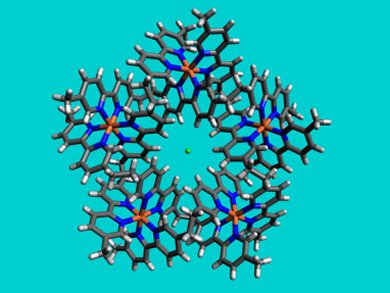
75th Birthday: Jean-Marie Lehn
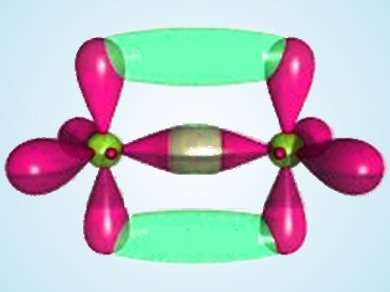
20th Anniversary: Linus Pauling's Death
Linus Carl Pauling is the only person to be awarded two unshared Nobel Prizes; answer to Guess the Chemist (32)
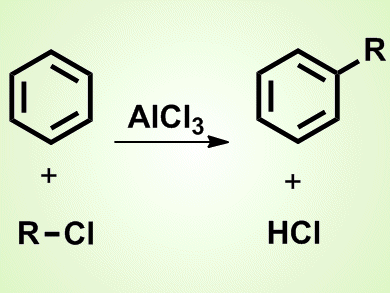
175th Birthday: James Mason Crafts
James Mason Crafts discovered together with Charles Friedel the Friedel–Crafts reactions; answer to Guess the Chemist (27)
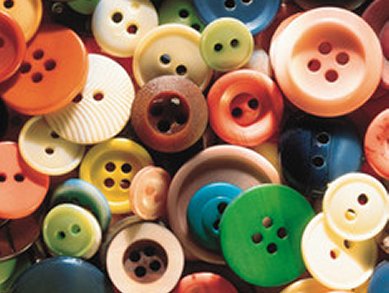
Leo Hendrik Baekeland: Inventor of Bakelite
Leo Baekeland invented Bakelite, a polymeric plastic made from phenol and formaldehyde, answer to Guess the Chemist (26)
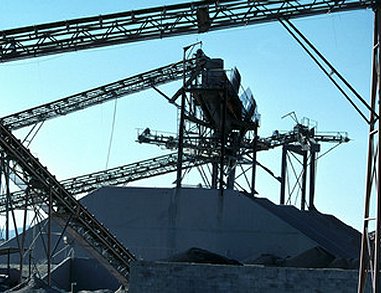
100th Anniversary: Bergius Process
The Process for the production of liquid hydrocarbons was developed by F. Bergius in 1913; answer to Guess the Chemist (24)

100th Anniversary of the First PVC Patent
Production method for polyvinyl chloride (PVC) first patented 100 years ago by Friedrich Klatte; answer to Guess the Chemist (20)
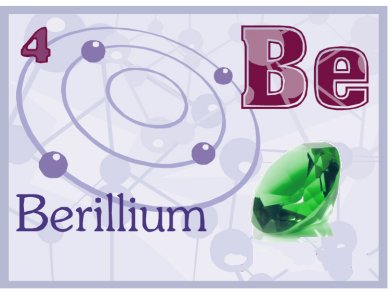
250th Birthday: Nicolas-Louis Vauquelin
Nicolas-Louis Vauquelin discovered chromium and beryllium; answer to Guess the Chemist (17)
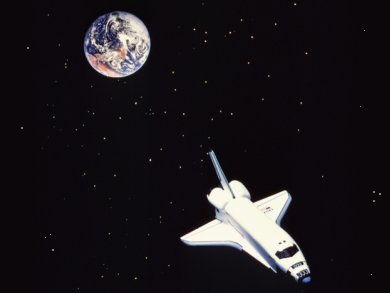
Faster-than-Light Travel in 50 Years
50 years until Zefram Cochrane’s test flight of The Phoenix, Earth’s first warp ship; answer to Guess the Chemist 16

50th Anniversary: Supercritical Fluid Extraction
Kurt Zosel, Germany, first patented supercritical fluid extraction in 1963; answer to Guess the Chemist (15)

200th Anniversary: Anders Ekeberg’s Death
Anders Ekeberg discovered the element tantalum despite being partially sighted and deaf; answer to Guess the Chemist (14)